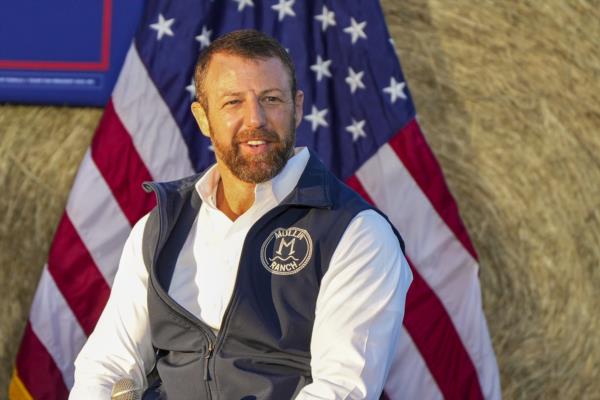
In the lead-up to the 2024 presidential election, Native American communities have emerged as pivotal voting blocs in key states, with both campaigns intensifying efforts to mobilize Native voters. The distinct messaging strategies employed by the two campaigns have resonated differently among Native voters, who hold significant sway in swing states like Arizona, North Carolina, Michigan, and Nevada.
Native American voters, characterized as one of the least partisan and youngest demographics in the country, are driven by issues such as land rights and environmental protections. While they typically lean towards the Democratic Party, they exhibit a higher likelihood of voting Republican compared to other minority groups.
In the 2020 election, the Biden administration's targeted outreach to tribal nations in critical states like Wisconsin and Arizona played a crucial role in securing narrow victories. Vice President Kamala Harris, in a recent $370 million ad campaign, emphasized honoring treaty rights and upholding tribal sovereignty, aligning with the top concerns identified by Native voters.
Conversely, the Trump campaign has not released ads specifically targeting Native Americans, although Republican figures like U.S. Sen. Markwayne Mullin have engaged with Native communities in swing states like North Carolina. The Lumbee Tribe, a state-recognized tribe in North Carolina, has become a focal point for both campaigns due to their longstanding quest for federal recognition.








Energy policy emerged as a point of contention between the two campaigns, with differing approaches to oil and gas production and tribal sovereignty. While Trump's administration advocated for increased energy extraction, concerns were raised by Native leaders regarding potential impacts on tribal lands and resources.
As the election approaches, Native voters remain divided on the candidates, with some emphasizing the need for business-oriented leadership and others prioritizing issues of democracy and representation. The unique challenges faced by Native Americans, including discrimination and sovereignty, have underscored the importance of targeted outreach and policy commitments from both campaigns.
Ultimately, the influence of Native American voters is poised to shape the outcome of the 2024 presidential election, highlighting the significance of engaging with and addressing the concerns of this critical demographic.







